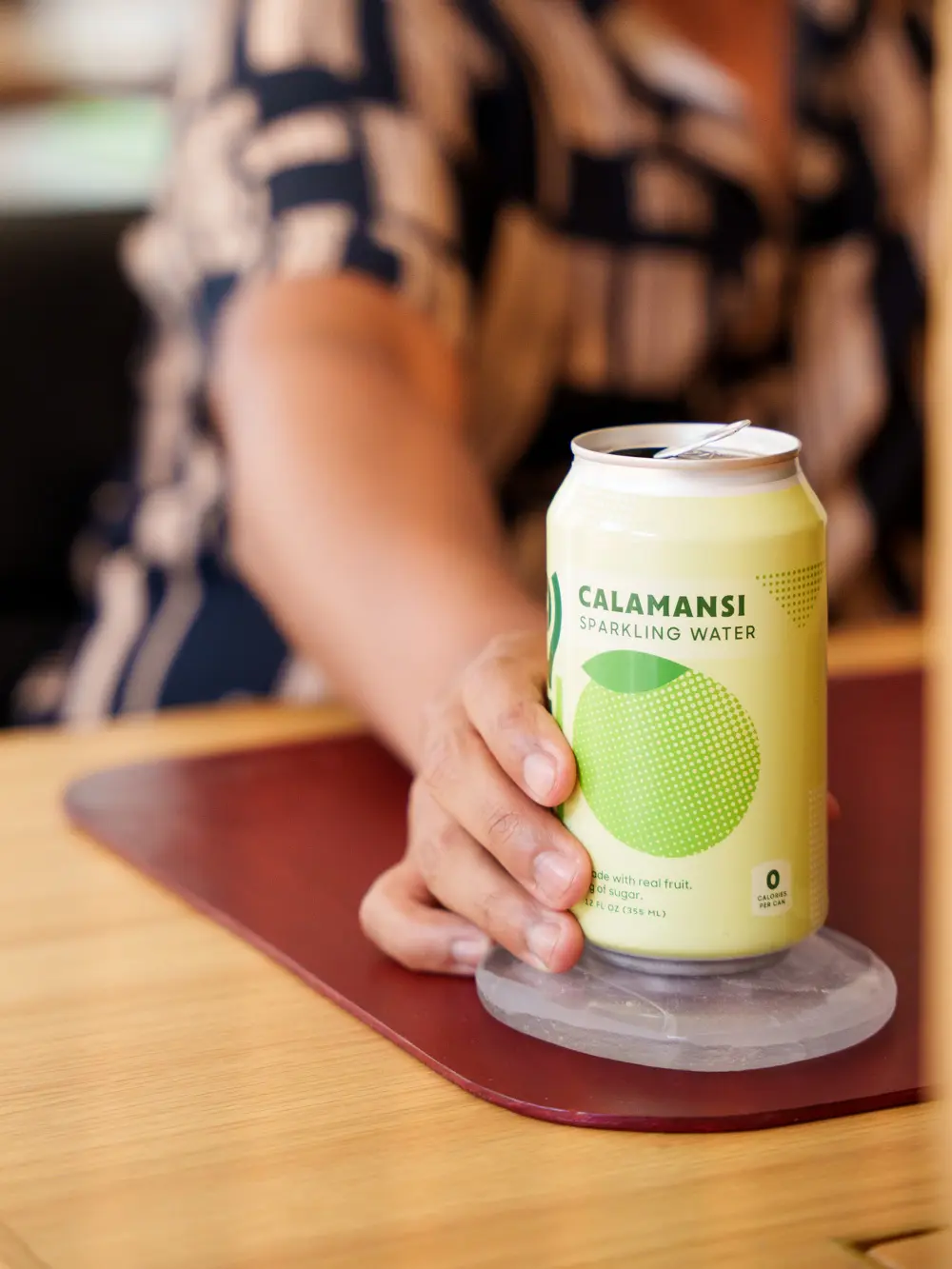Best Practice
Sandro Roco
April 14, 2023
Sandro Roco has come a long way since his first job in the food industry, working as a delivery boy for a family deli as a teenager. The 35-year-old founder of Sanzo, the first Asian-inspired sparkling water made with real fruit with no added sugar, has steadily built a community around the brand in the most organic way through word of mouth and support from fellow Asian American businesses.
Like many startup founders, Roco’s professional journey has been, as he describes, “quite a bit all over the place.” After graduating from college with a degree in chemical engineering, he worked for three years as a nuclear engineer. He then spent two years in investment banking, followed by a five-year stint as the head of marketing and, eventually, the chief of staff for an apparel startup. Here, he shares some of his learnings from building and growing Sanzo slowly over the past three years.
"I FAILED A LOT IN THE BEGINNING BECAUSE I WAS TRYING TO TALK SO MUCH ABOUT NUMBERS... SOMETIMES WE GET IN OUR OWN WAY TELLING THE STORY THAT WE WANT TO TELL."
On building your community first. “We were super fortunate that Asian American restaurants rallied behind us in our earliest days. It allowed us to establish some word of mouth in an organic and authentic way. We’re really grateful to them and our own community for adopting us so early. What’s been awesome is that I’m not the only one with this thesis around Asian American flavors and bridging cultures. The folks I’m super close with in this industry are Vanessa and Kim Pham from Omsom, Sahra from Nguyen Coffee Supply, Jing Gao from Fly By Jing, and the Kevins from Immi, the keto ramen brand. It’s easier to collaborate because we are not in competitive categories, so sharing learnings is not that big of a deal. And it’s actually additive to each of our experiences.”
On growing with your competitors. “I’ll also say this, we are also helped by other brands being involved. We don’t see this as a winner takes all system. Coconut water a decade ago was really helped out by having multiple players because all of those brands create what they call a set. So if you’re all merchandised together, it’s like a rising tide that lifts all boats. And for the consumer, it’s helpful for them to see a variety of brands so that they go, Okay, this is something I should consider drinking or eating.”
On storytelling versus numbers.“In the earliest days, it’s really about your brand story and vision and also you as the founder. I failed a lot in the beginning because I was trying to talk so much about numbers. And unfortunately, the numbers, in the beginning, are just so minuscule that they just aren’t interesting as part of a conversation. Even if in my own little world I thought they were super interesting or compelling to an investor, that’s just not what they want or need to hear. That’s probably one of the biggest lessons I give to founders, for better or worse. Sometimes we get in our own way telling the story that we want to tell.”
On going slow with investors. “Amidst all this, we actually did get a yes from an investor. But it came with a lot of strings attached. Their promise was they could bring a lot of celebrities and do a bunch of different work in the entertainment space. And ultimately, I declined to take it on, and it worked out for the best. The allure of bringing on a celebrity who can bring millions of followers and all these kinds of engagements and the promise of all these kinds of sales goals and whatnot, we weren’t ready for it. We were a very early-stage brand, we didn’t have the right operations in place at the size of our company. Also, at least for my own journey and for this brand’s journey, I think it was really important for us to develop our own identity. We needed to grow the way that we did. Being able to say no at that critical moment was pretty big.”

